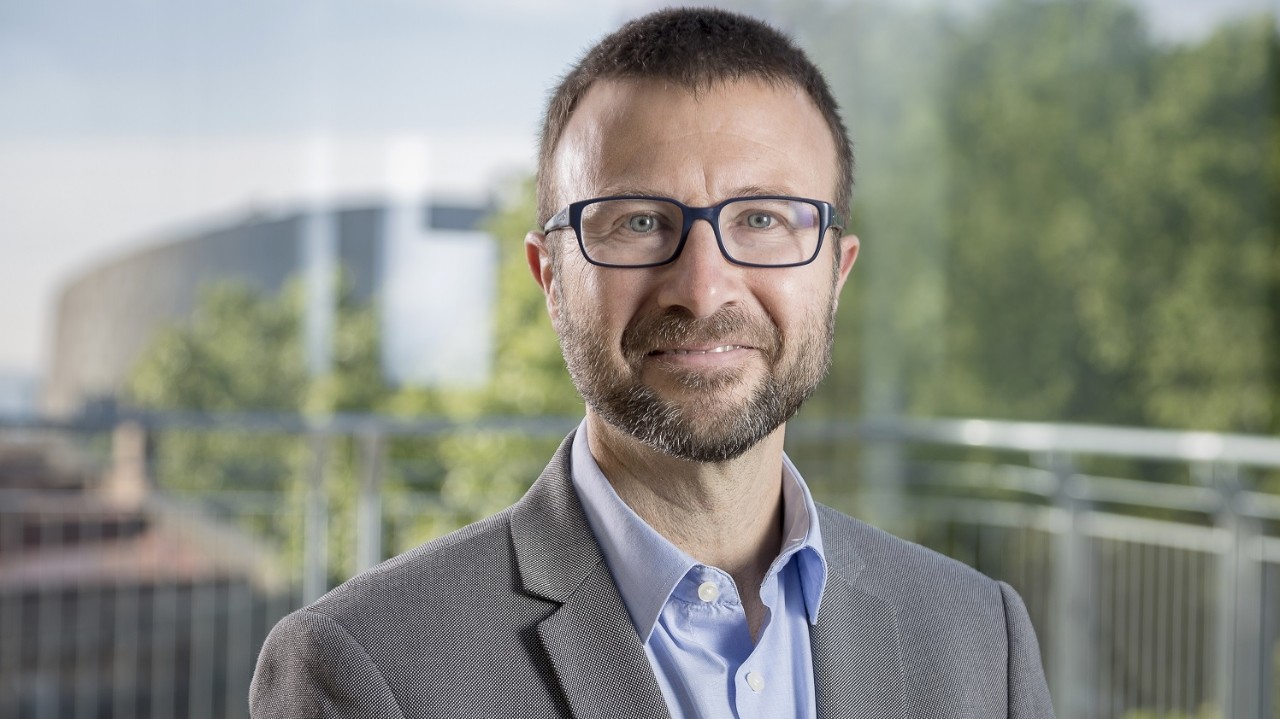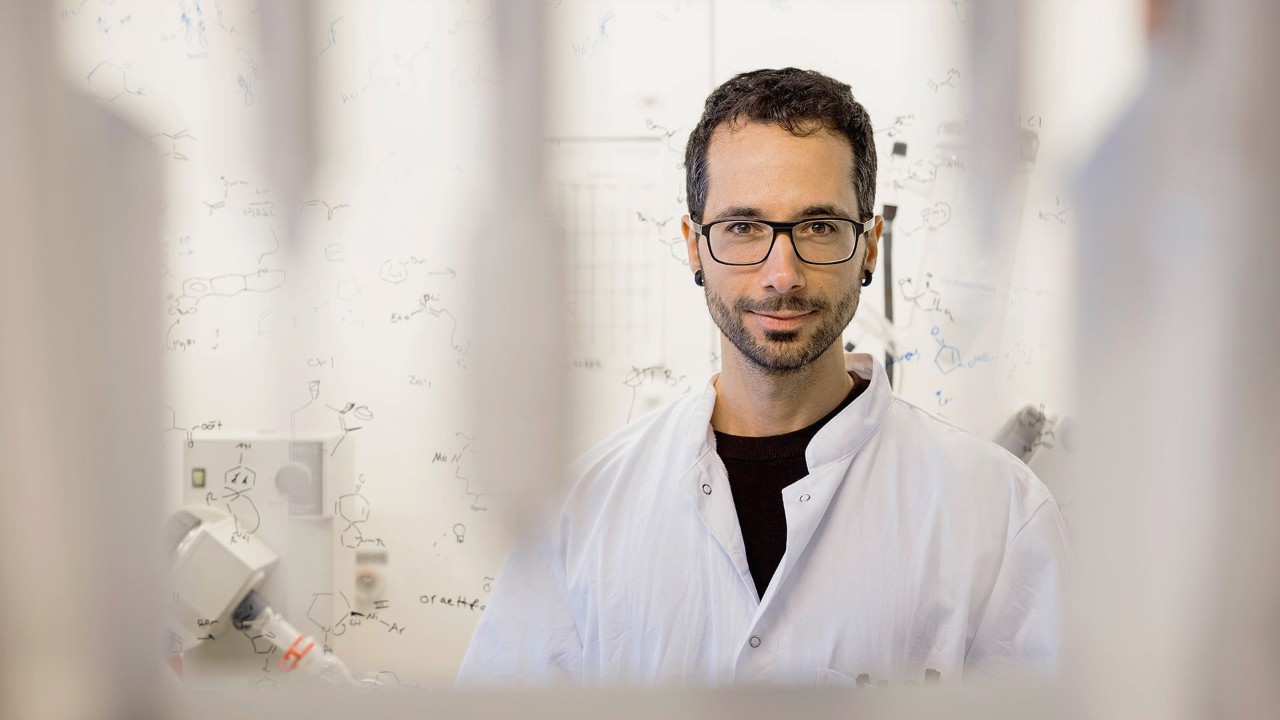

Brain Power: Meet José Luis Molinuevo
Trust and mutual respect
Through our Brain Power series, we introduce some of the passionate people fueling neuroscience innovation at Lundbeck. Meet José Luis Molinuevo, Head of Experimental Medicine, and one of the world's top-cited researchers. Learn more about his leading-edge work in biomarkers, what drives him in his pursuit of breakthroughs and why he chose to call Lundbeck home.
You have been recognized as one of the world’s top-cited researchers in 2020, 2021, 2022, and now 2023. What does it mean to you to be acknowledged not only as a highly cited researcher but to experience this four times in a row?
It gives me reassurance that the research previously done is meaningful for the field. It means that the research is scientifically relevant, and I believe that can be useful for further drug development. Being on the list for the past three years, I did not expect to be there once again in 2023, but obviously, it is extremely rewarding and gives me the energy to keep working hard.
Why the brain – what first inspired you to pursue a career in neuroscience?
I did part of my training as a medical doctor in England, and there I was exposed to many neurology patients. I found neurology interesting and decided to become a neurologist when I came back. Thirty years ago, when I was first training, it was almost like a detective’s work to try to understand what is happening in the brain. Your clinical assessment and neurological exploration were the elements you mainly had at the time to diagnose a patient.
How long have you been in Lundbeck?
I joined Lundbeck in November 2020 as Vice President (VP) of Clinical Development, Neurodegeneration, and was appointed VP of Experimental Medicine in December 2021. The past three years have been very exciting.
Can you briefly describe your focus at Lundbeck?
In Experimental Medicine, we contribute immensely to early development. That means first-in-human trials, phase I and phase Ib. To ensure that the compound works in the human body, you must not only take the compound and patient population into account, but also the biomarkers that are going to help you to design the best fit-for-purpose trial. At Lundbeck, Experimental Medicine contributes to uncovering the underlying biology of the target disease and indication. With our work, we show that a compound's mechanism of action works and that it works in a biologically defined subset of patients.
If you could highlight something you’re particularly proud of in your research, what would it be?
I believe I contribute to clarifying the role of many biomarkers, both fluid and imaging, at an exceedingly early stage, specifically in Alzheimer’s. I have also been working with other colleagues in the field bringing a new clinical understanding of the neurodegenerative continuum and working with consortiums and companies to develop innovative trial designs.
What motivates you to come to work every day?
Three things: One, our task includes the understanding of the disease and patient population. And designing and executing clinical trials is also fascinating by itself. Two, I enjoy working with people and working as a manager, trying to do my best for others. Three, there is a huge unmet need [in brain diseases] so you must always try to do your best to help the patients.
Why did you choose to work at Lundbeck?
I already knew Lundbeck from my work in neurology. I liked and like Lundbeck because of our singular CNS (central nervous system) focus, and then the fact that it is a Danish company, which means there is a good balance between work and life. Plus, people I knew who were working in Lundbeck seemed to be happy.
What does it take to become one of the world’s most highly cited researchers?
Three things: Hard work, having the right ideas at the right time, as well as a great working network. Often, initial networking comes through being part of a consortium and extensive research initiatives, and then you develop an extraordinarily strong connection with many people in the field. The trust and mutual respect that comes from that collaboration leads people to seek out and, sometimes, cite your work.
What does brain health mean to you?
Brain health should include multiple domains: It does include having a functioning brain, but also having the right mindset and right approach. It must include the physical organic brain part, but also the emotional. So, brain health is a brain that is not burdened by disease and at the same time a brain that has the right psychological approach to life.
What do you like to do outside work?
I enjoy running, trekking, reading, watching good films and now good series. I also enjoy spending time with my two kids.
